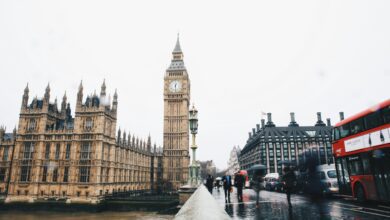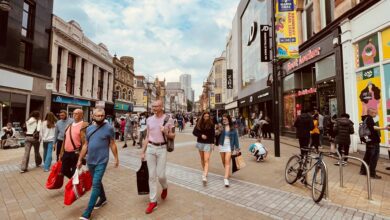Clothing & ShoesEconomyOnline & Digital
ASOS set to boost UK economy by £3.8bn
The retailer revealed 25,000 new jobs could be created off the back of this additional GDP contribution.

You'll need to
subscribe to unlock this content. Already subscribed? Login?





